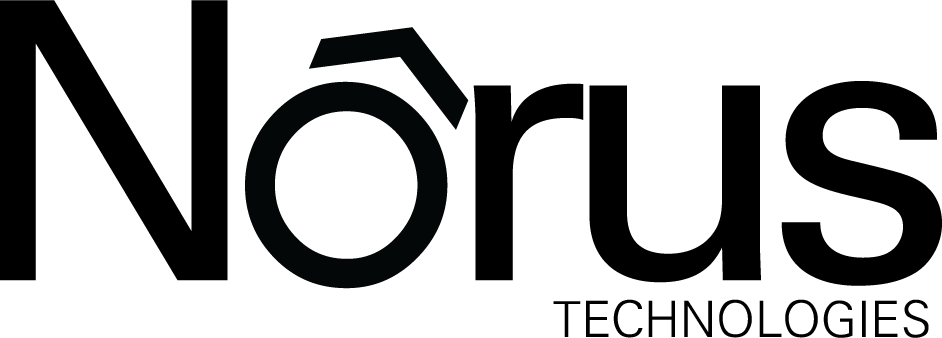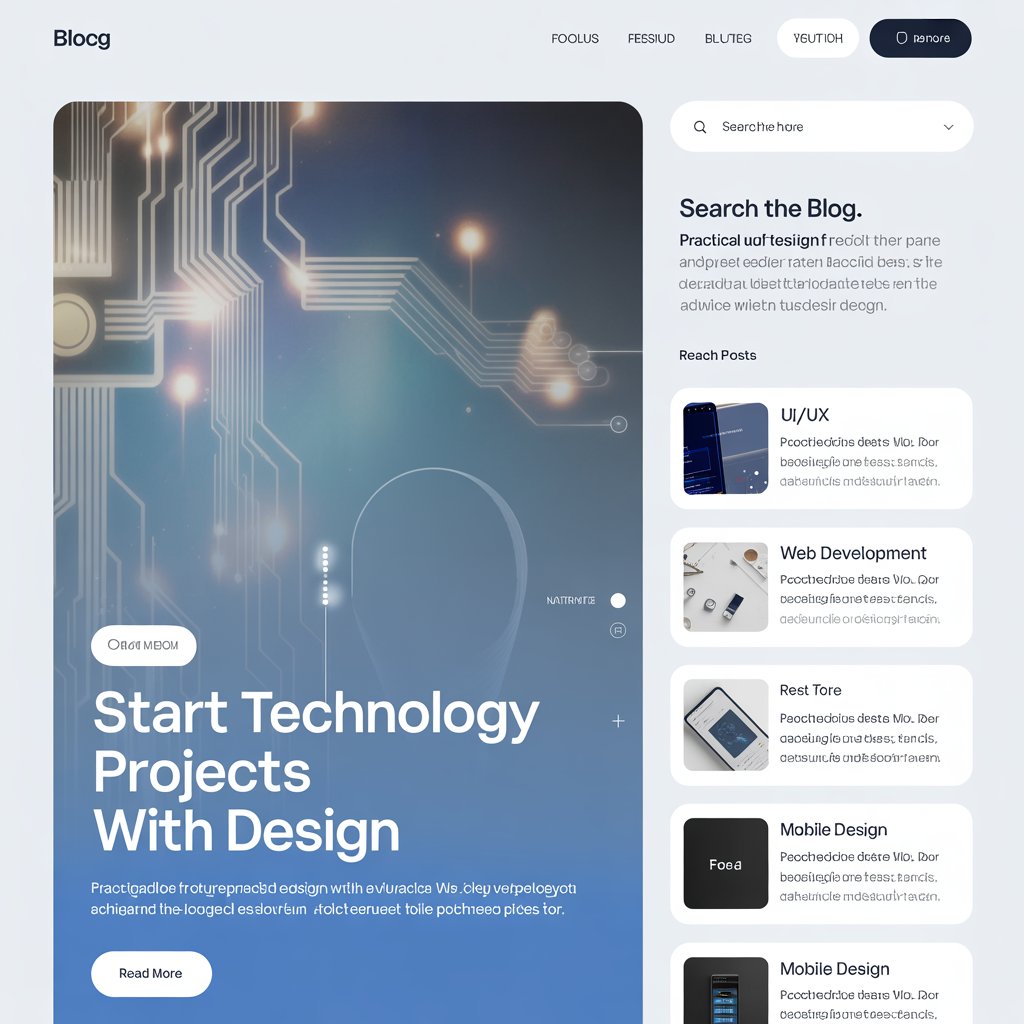Introduction
In today’s rapidly evolving technological landscape, artificial intelligence (AI) has moved beyond science fiction and into reality, offering powerful solutions to real-world problems. For nonprofits, where every resource counts, AI is proving to be a game-changer. From improving donor outreach to optimizing administrative tasks, AI agents are empowering organizations to work smarter and achieve greater impact.
For social impact professionals, adopting AI tools isn’t just about keeping up—it’s about leading the charge to solve critical challenges with efficiency and empathy. In this blog, we explore how AI agents are transforming nonprofit operations, showcase real-life case studies, address common challenges, and answer frequently asked questions.
This is the first blog in a 3-part series designed to guide you through understanding, adopting, and leveraging AI agents for your mission. By the end, you’ll see how these tools can unlock untapped potential and help you create meaningful change.
What Are AI Agents?
Defining AI Agents
AI agents are advanced software programs that perform tasks requiring human-like intelligence. They can analyze data, automate processes, and even make decisions based on past experiences and user input.
For nonprofits, AI agents offer tools that enable greater efficiency, better decision-making, and stronger relationships with donors, volunteers, and beneficiaries.
Types of AI Agents
- Reactive Agents: Respond to current inputs with pre-defined rules (e.g., chatbots answering FAQs).
- Limited Memory Agents: Use historical data to make informed predictions (e.g., donor behavior analysis).
- Theory of Mind Agents: Understand human emotions and adapt their responses accordingly.
- Self-Aware Agents: Advanced systems capable of self-learning and decision-making (still emerging).
Why Nonprofits Need AI Agents
1. Enhancing Fundraising Efforts
AI agents revolutionize fundraising by analyzing donor behavior and preferences. Predictive analytics help identify which donors are most likely to give, ensuring your campaigns target the right people at the right time.
Example:
The Kids’ Cancer Project used AI-driven donor insights to achieve an 83% increasein regular giving donations. By understanding donor data, they created personalized outreach campaigns that inspired higher engagement. (The Australian)
2. Streamlining Administrative Operations
Nonprofits often operate with limited budgets and personnel. AI agents can automate repetitive tasks such as:
- Data Entry
- Donor Communication (e.g., automated emails)
- Report Generation
This allows staff to focus on high-impact activities like strategy, community engagement, and mission delivery.
Example:
Organizations using AI-powered tools report a reduction in administrative workload by up to 40%, allowing for more time and energy to be spent on achieving mission goals.
3. Enhancing Program Development
AI agents can analyze data on community needs and program outcomes to design more effective initiatives. By identifying trends and gaps, nonprofits can allocate resources where they are needed most.
Case Study:
Intelehealth, an AI-powered platform, connects rural communities to medical professionals, improving access to critical healthcare services. (SSIR)
4. Improving Communication and Engagement
5. Optimizing Resource Allocation
AI agents provide nonprofits with data-driven insights to optimize budgeting, staffing, and program priorities. By analyzing data on impact outcomes, organizations can maximize efficiency and better serve their communities.
Real-World Success Stories
1. International Rescue Committee (IRC)
The IRC uses AI to provide critical information to displaced individuals through its Signpost Project, reaching over 18 million people worldwide. AI chatbots are being tested to scale this effort and improve capacity in humanitarian responses. (AP News)
2. Opportunity International
Farmers in rural Malawi use an AI chatbot, Ulangizi, for agricultural advice in their native language, Chichewa. This AI-driven tool empowers communities to improve food production and economic stability.
3. Tarjimly
Tarjimly leverages AI to connect refugees with multilingual volunteers, offering on-demand translation services. This ensures smoother communication with doctors, social workers, and immigration officials.
Benefits of AI Agents for Nonprofits
- Increased Efficiency: Automates time-consuming tasks.
- Data-Driven Decision Making: Provides actionable insights from complex datasets.
- Personalized Engagement: Enhances communication with stakeholders.
- Cost Savings: Reduces manual errors and staff hours.
- Scalability: Supports organizational growth without increasing resource strain.
Challenges to Overcome
Ethical Concerns
Data Quality and Security
Frequently Asked Questions (FAQs)

What are AI agents, and how can they benefit nonprofits?

AI agents are software systems that perform tasks requiring human intelligence. For nonprofits, they automate operations, analyze data, and improve outreach, saving time and resources.

Can small nonprofits afford AI solutions?

Yes. Many AI tools are scalable and offer affordable options, especially through grants, partnerships, or open-source platforms.

How do AI agents improve fundraising?

AI analyzes donor data to predict giving trends and personalize outreach, helping nonprofits target the right donors with the right message.

Are AI agents difficult to implement?

No. With the right partner, implementing AI is seamless. Norus can help nonprofits adopt AI solutions tailored to their needs.

What are some ethical concerns with AI?

Concerns include data privacy, bias in decision-making, and lack of transparency. It’s essential to adopt AI responsibly and prioritize stakeholder trust.

How can nonprofits get started with AI?

Nonprofits should begin with a clear goal, clean data, and a trusted partner to guide the AI implementation process. Norus can help at every stage.
Getting Started: Build AI Agents with Norus
Ethical Concerns
AI agents hold incredible potential to transform nonprofit operations and amplify your impact. From improving fundraising efforts to streamlining program delivery, AI is the tool nonprofits need to thrive in a digital age.
At Norus, we specialize in helping nonprofits build and implement AI-driven solutions that align with their mission. Whether you’re looking to automate donor management, analyze program outcomes, or enhance communication, our team can guide you every step of the way.
Ready to explore how AI can elevate your organization’s impact?
Contact Norus today to schedule a consultation and start building AI agents tailored to your mission!
Conclusion
AI agents are not just tools—they’re partners in driving social good. As nonprofits face increasing challenges and demands, adopting AI will ensure they can do more with less, engage stakeholders effectively, and make a greater difference in the world.
Stay tuned for Part 2 of our series, where we’ll dive deeper into how to implement AI agents responsibly and effectively. Until then, take the first step toward transformation and connect with Norus to unlock the potential of AI for your nonprofit.






